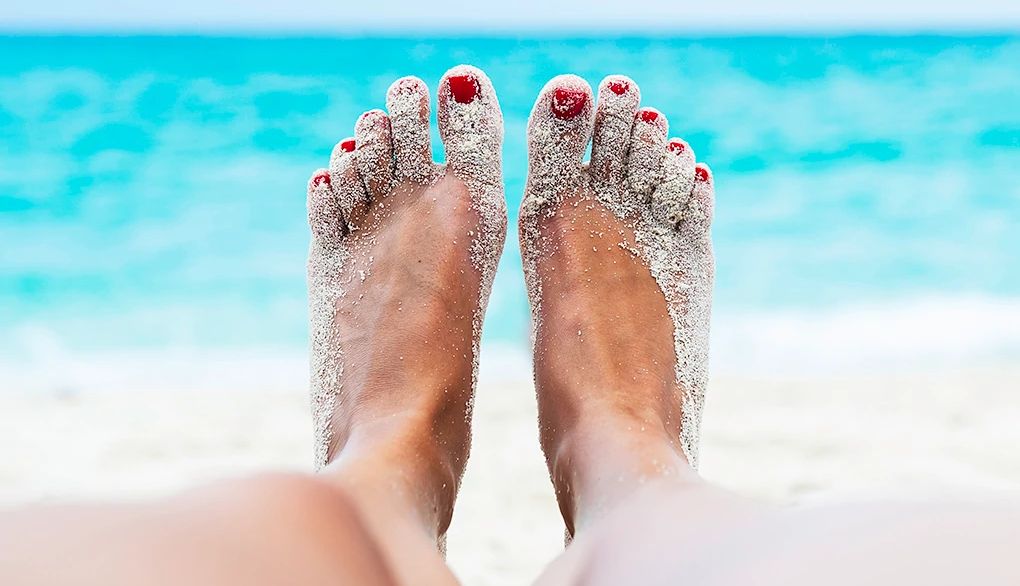Challenges


Should you take an adventure vacation in an exotic location? Or travel nearby, get plenty of rest and completely unplug?
All vacations are not created equal when it comes to stepping away from stress and improving brain health, researchers are discovering.
Knowing what's best for you is key. What to think about:
- Before you travel. Watch stress levels. A study following 96 Dutch workers before they went on vacation found their health and well-being decreased in the last week before vacation because of a rising stress load at work and at home. Yet, a larger study — also from Holland — found that planning for vacation caused a boost in happiness. So to reduce pre-vacation stress, plan early and don't leave packing and errands until the last minute. Stress can lead to high blood pressure and poor sleep quality, which might get your vacation off to a rough start. A smooth start to vacation is important, says Jessica de Bloom, a researcher at the University of Tampere in Finland.
- How often, how long. In a December 2012 study, de Bloom and colleagues called working men and women while they were on vacation — and up to four weeks after — to ask about their health, fatigue and stress levels. They concluded that shorter, more frequent vacations are better than longer, less frequent ones, because, as de Bloom told the Wall Street Journal "Holidays work more like sleep. You need regular recovery from work in order to stay healthy in the long run." Of course, many Europeans are lucky enough to have six weeks vacation, so they have more options for length and frequency.
- Where you go. Other research found that warmer locations, getting better sleep and exercising while on vacation tend to bring out restorative qualities, while vacations with big time-zone changes, health-related problems and cold climates can actually increase stress or prove less restorative. Know what's restorative for you, she says.
- What you do. Not everyone has to unplug, but determining beforehand if and when you want to work is key, according to de Bloom. Some people feel they have to work on vacation. That's OK as long as they "have control over whether to engage in work-related activities and the starting and stopping time," she says, adding that the important thing is making optimal use of leisure time and finding pleasure during that time. That vacation work time does have consequences: de Bloom's research has found the more relaxed and detached from work the vacationers were, the greater the boost in health and well being on their return.
- After your return. De Bloom says her studies and others show that you carry the healthy glow of vacation longer if you can ease back into work. If you're retired, gradually resume your normal activities.











More From Staying Sharp
Your Brain on Nature
Explore how outdoor activities affect your brain healthDeclutter Your Home to Calm Your Mind
Too many belongings in your living space can undermine your well-being
Swap FOMO for JOMO
Embrace the joy of missing out